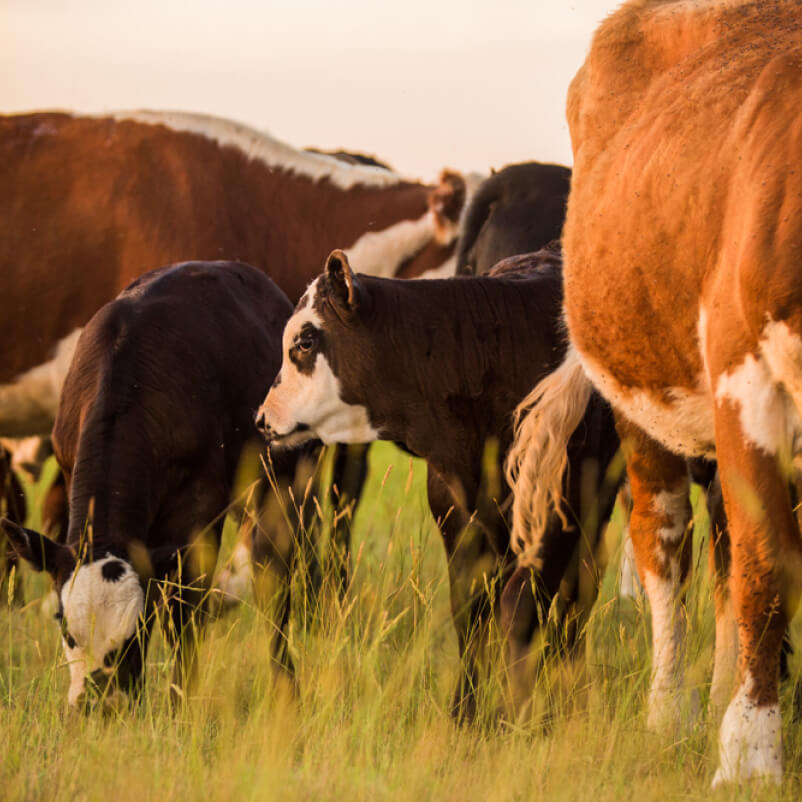Animal Care
The success of the Canadian cattle industry relies on healthy, well-cared for cattle. Canada’s farmers and ranchers work hard to care for their animals every day. Where there are concerns, farmers and ranchers work with the CCA Animal Health and Care Committee towards improvements through research, communication, and education.

The beef cattle industry took a leading role in the development of the Code of Practice for the Care and Handling of Beef Cattle in 1991, its renewal in 2013 and reaffirmation in 2018 after a 5-year review. The Code of Practice for the Care and Handling of Beef Cattle provides recommendations for meeting the basic needs of beef cattle. The Codes of Practice are used to support animal welfare regulations and to drive continuous improvement in our Industry. They reflect industry’s commitment to the humane treatment and care of beef cattle.
The Beef Codes of Practice outlines acceptable science-informed recommendations and requirements on a variety of topics including housing, feeding, transport decision making and other management practices. The Code is intended to be used as an educational tool in the promotion of sound animal husbandry and care practices. Under the Criminal Code of Canada, it is illegal to wilfully neglect, maim, wound, or injure an animal. Provinces and territories also have laws regarding the care and treatment of farm animals. The Code has requirements that reflect this. The Code also has recommendations to help farmers and ranchers and others in the agriculture and food sectors compare and improve their own management practices.
Codes of practice are intended to be renewed on a 10 year cycle. A new Code of Practice for the Care and Handling of Beef Cattle will be developed through the National Farm Animal Care Council (NFACC) process. The CCA is a member of NFACC, which brings together animal producer groups, governments, veterinarians, academics, the animal welfare movement, transporters, and other stakeholders to, among other things, review and renew Codes of Practice. For more information, please visit the NFACC website.
Animal health is a big part of animal care. The Canadian Beef Cattle On-Farm Biosecurity Standard provides practical and effective on-farm biosecurity practices that, when properly applied and followed, can reduce the risk of impact of endemic diseases and reduce or prevent the risk of a Foreign Animal Disease (FAD) outbreak in the Canadian herd.

The Standard is a tool that provides broad risk management guidelines that are practical and science-based and specific to the beef cattle industry. Its focus is on practices and procedures that are of a low-cost to the farmers and ranchers to implement.